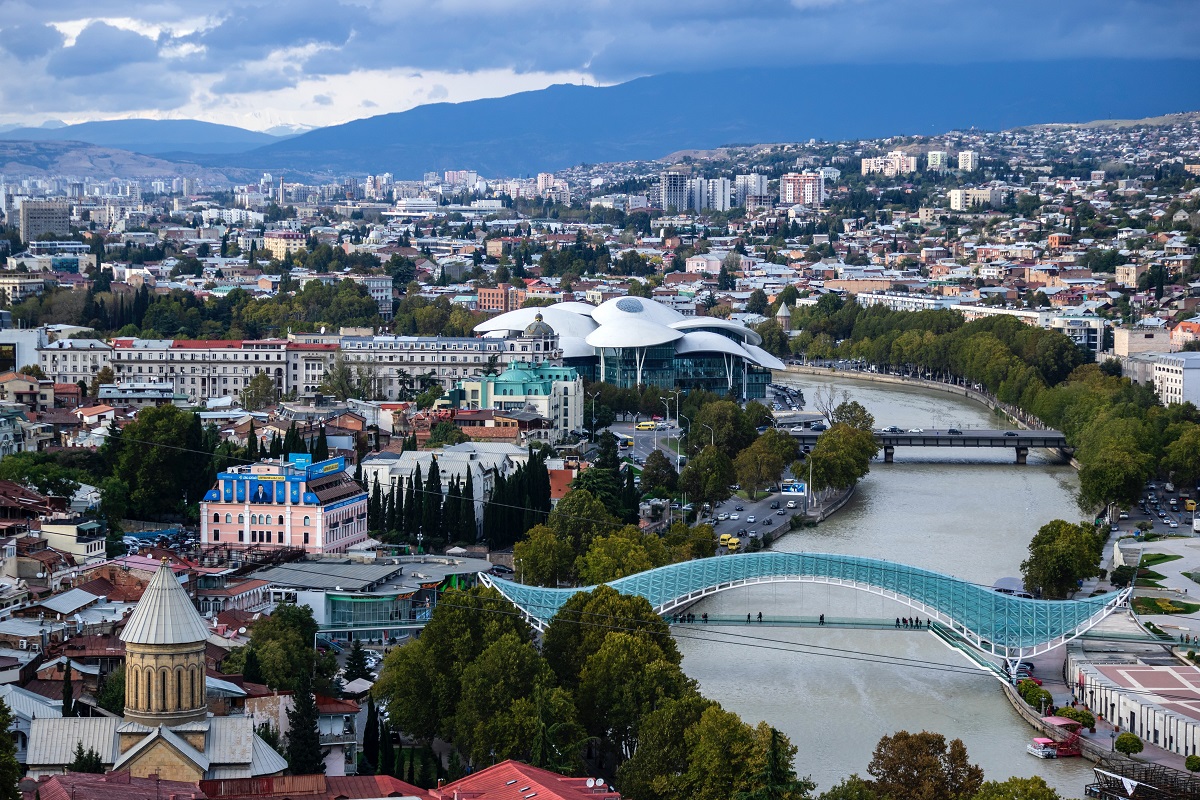Russians fleeing war and public opinion in former Soviet countries
The results of a sociological survey of "relokanty" conducted in the nations where they have found refuge. Many are in favor of welcoming them "temporarily," while only 14 percent are ready to recognize them as "citizens of my country."
Moscow (AsiaNews) - The Platforma Social Research Center, together with the company OnIn, has published the results of a joint sociological survey over the past two months in the former Soviet states, where relokanty, Russians fleeing war and mobilization, are now increasingly common.
The survey was conducted in Russian, thus excluding the part of the population of these countries that does not speak the language of the former Soviet Union, especially among the younger generation, and in fact the 1350 respondents are all over 18 years old.
The first question in the survey concerns associations with the word "Russians," the answers to which are divided among 4 categories: positive, negative, neutral, and stereotypes.
Among the positives, which are the majority, are "good," "open," "friends," and "brothers," while the negative titles are mainly "alcoholics," "conceited," "nationalists," and "aggressive." Among neutrals, sociologists count responses such as "ordinary people, neighbors, blond with blue eyes." Stereotypes refer to "sauna, ballet with balalaika, Putin, Kremlin, World War II, cold, big country."
All attest to the "great growth" in the number of immigrant Russians, in Georgia 92% of respondents stressed this, in Armenia 83%, Kyrgyzstan 79%, least of all Belarus at 35% and Moldova at 34%.
On this is grafted the next question, whether the Russians have brought more benefits or more problems in the lives of the countries concerned: on the former are convinced Armenians (73%) and Tajiks (55%), while in Uzbekistan, Azerbaijan, Kazakhstan and Belarus the answer "they have not realized a decisive influence" prevails, and more than 20% believe that "they have done damage."
The most mixed opinions relate to the two Caucasus neighboring countries, Armenia and Georgia. For Georgians, the most negative effect is the growth in cost of living and real estate prices, along with the decrease in Georgia's authority before third countries, which are explicitly in conflict with Russia.
Armenians appreciate the development of retail trade, and the growth of tax contributions, but even among Georgians many appreciate the possibility of higher earnings, due to rising costs of services.
The survey does not stop at the economic consequences of the presence of Russians in "friendly" countries, but tries to delve into the importance of cultural relations, largely linked to the common Soviet past. Of course, Belarusians extol "spiritual closeness" at 55 percent, and this is joined by Moldovans with 48 percent, while at the opposite end are Azeris (26 percent) and Georgians (27 percent).
Many are in favor of welcoming Russians "temporarily, as tourists" (26 percent), but also as "close friends" (18 percent), as "neighbors" (17 percent), while only 14 percent are ready to recognize them as "citizens of my country" (14 percent), "family members" (8 percent) or "work colleagues" (6 percent).
Russian relokanty themselves are much more open to cooperation: 68% feel a "spiritual closeness" with the inhabitants of their emigration countries, and 44% are ready to consider them as "true friends."
The last block of questions concerns whether or not state aid should be given to Russian émigrés, and on this 54% of the inhabitants of all former Soviet countries are in favor, while those who are uncertain about it are equal to those who are against.
Many consider language courses (42%), official job regularization (41%) and more generally cultural adaptation, with information on the history of the host country (35%), to be necessary. Dimensions on which the relokanty themselves basically agree, although many of them would like economic supports, an assumption on which locals are not so much of the opinion.
Final comments from experts, such as sociologist Maria Makuševa, caution against juxtaposing views from different countries, from Caucasian to Central Asian to Western European, which are hardly compatible with each other.
However, the old friendships of Soviet heritage remain valid, but many concerns emerge about the disruption the Russians bring to the economic life of the "sister" countries.
07/02/2019 17:28
11/08/2017 20:05







.png)










